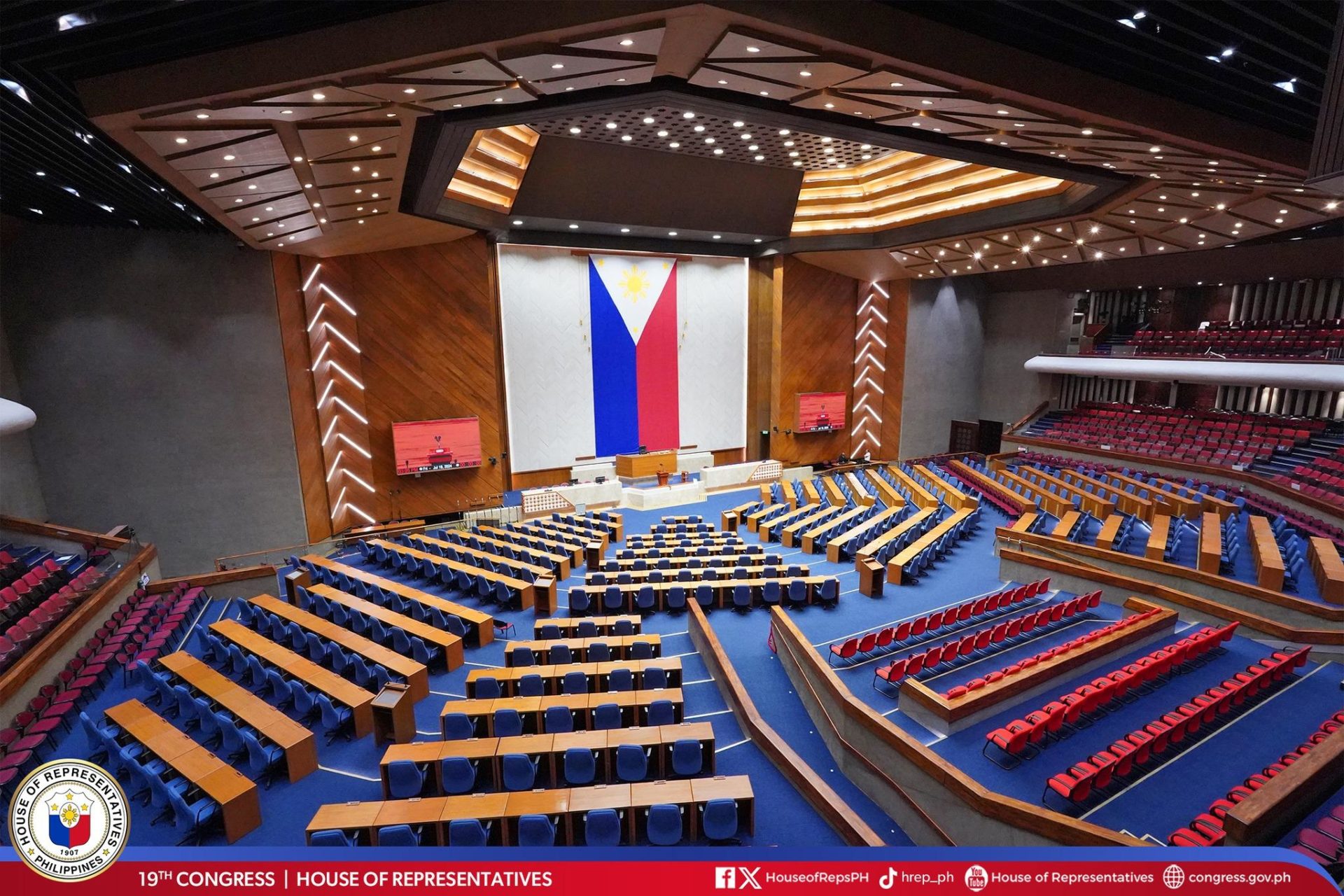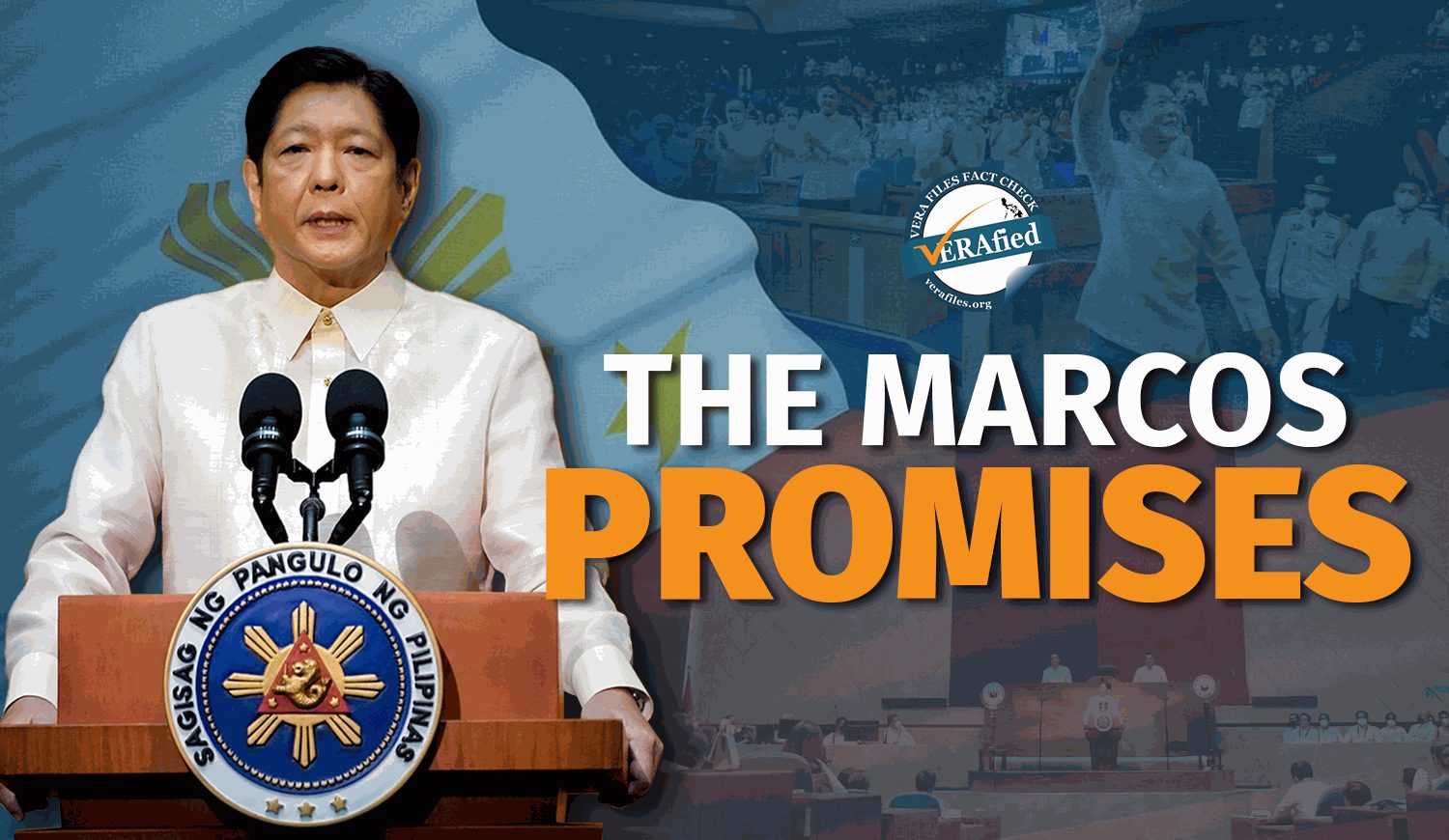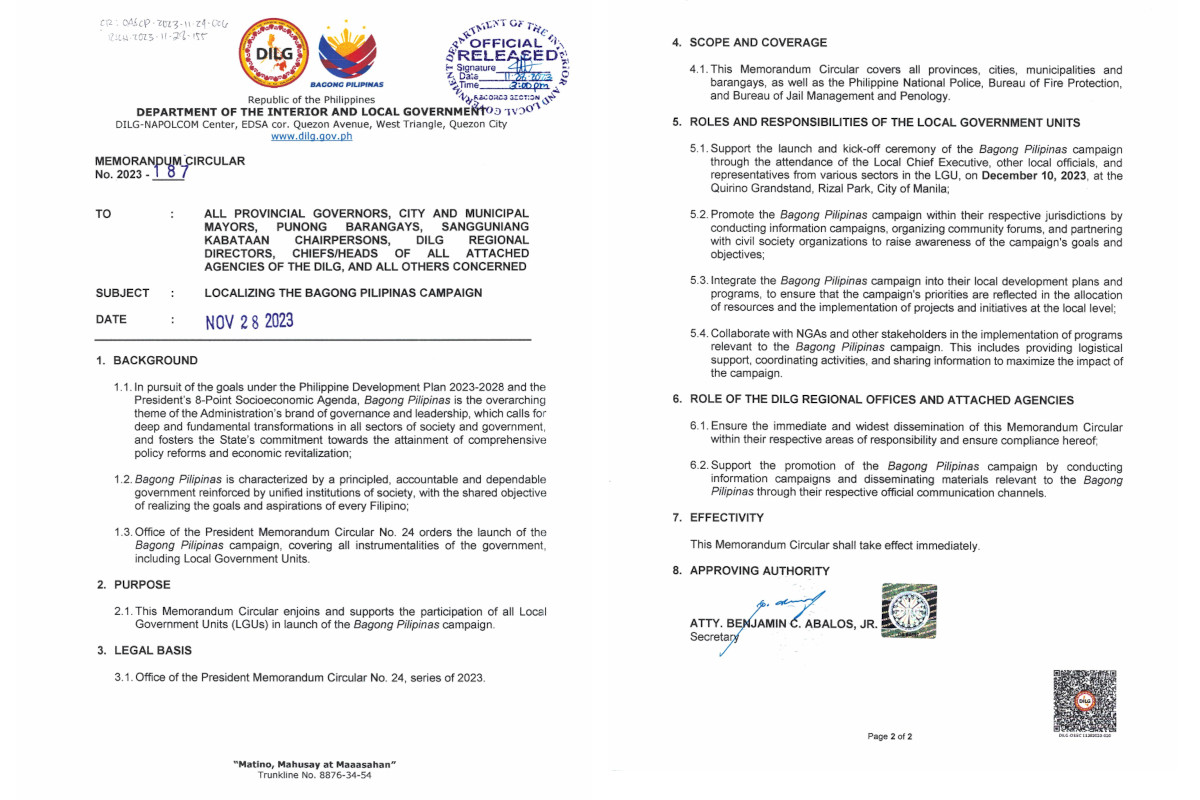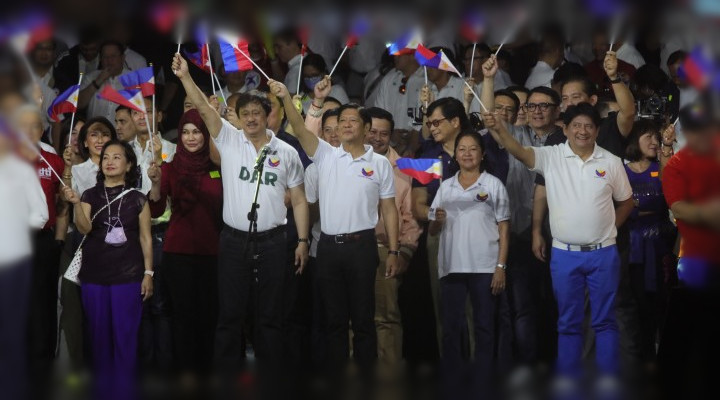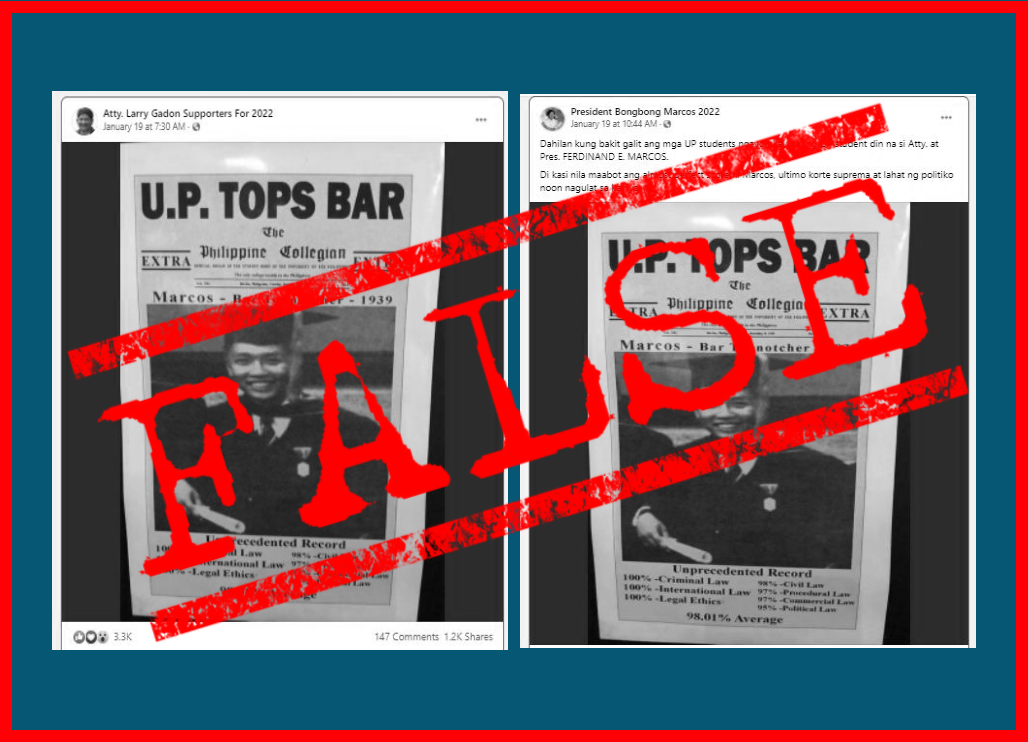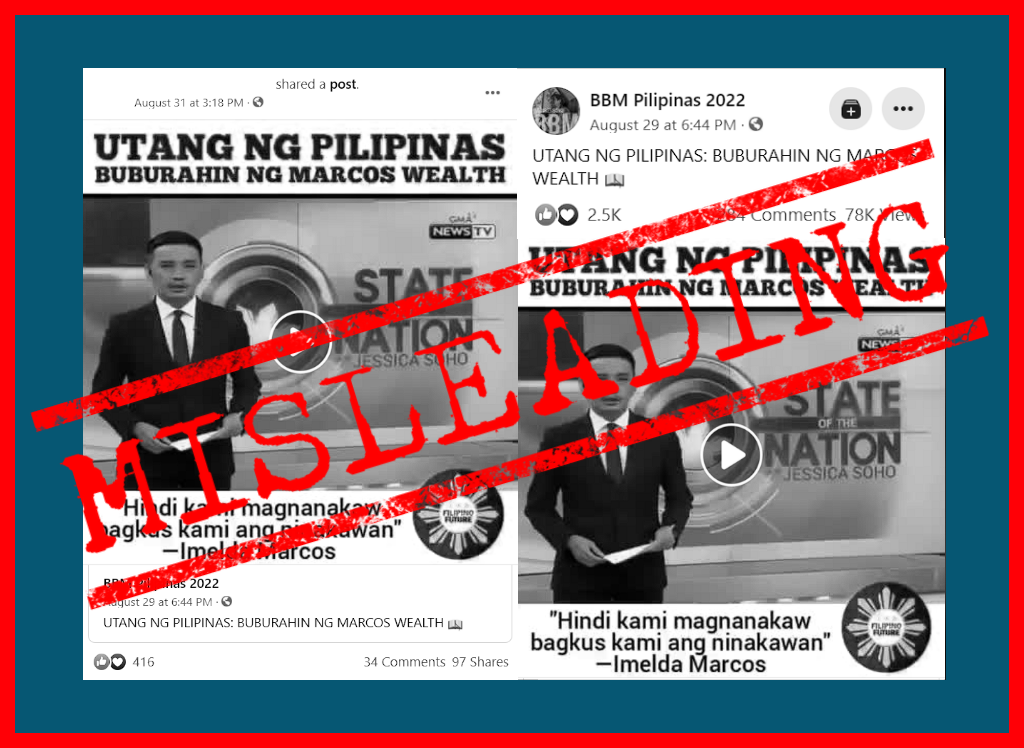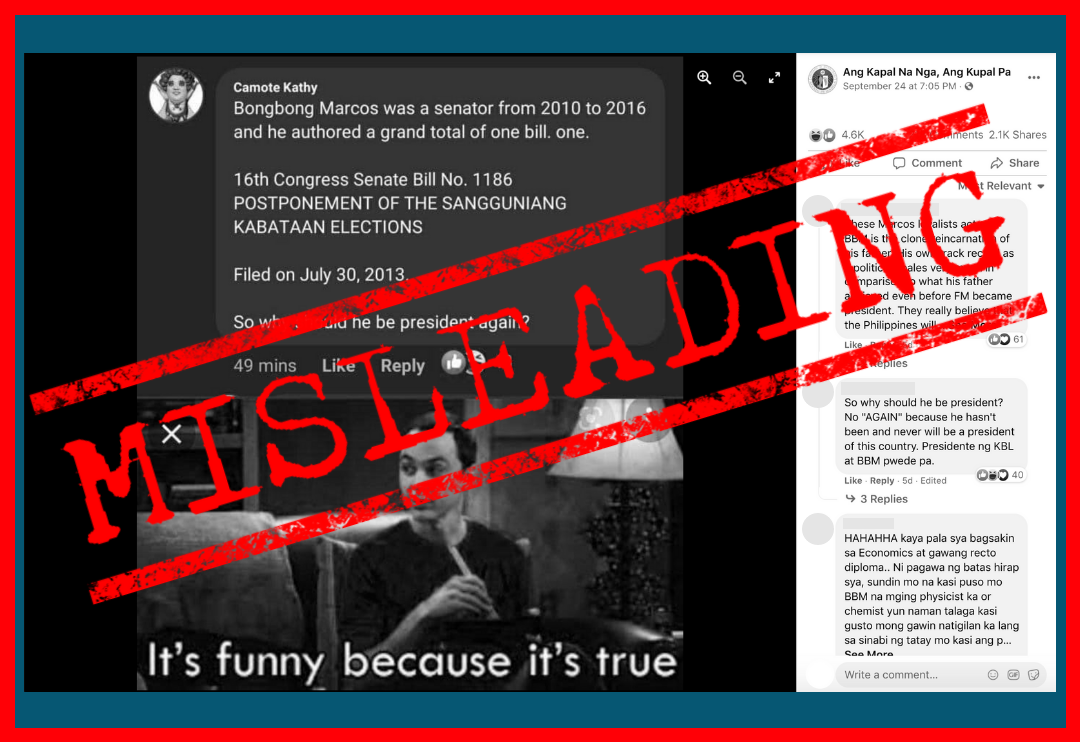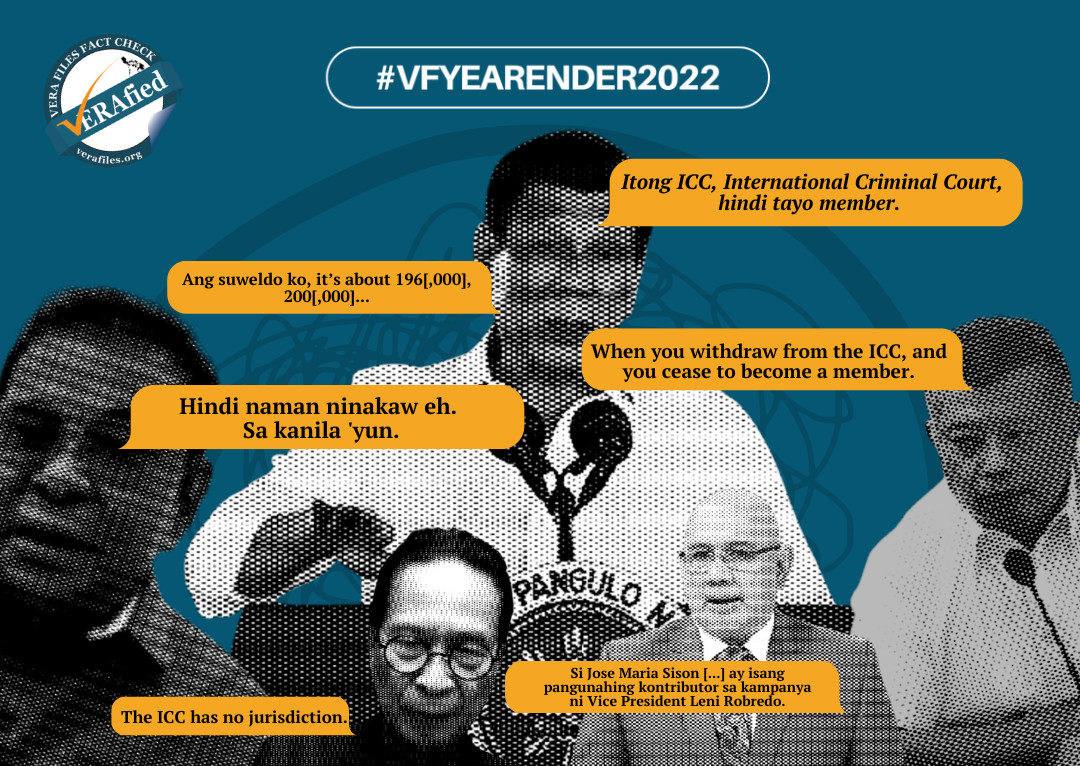Two days before today’s State of the Nation Address (SONA), President Ferdinand Marcos Jr. signed into law two important pieces of legislation: Republic Act 12009, or the New Government Procurement Act, and RA 12010, or the Anti-Financial Account Scamming Act.
These two new laws offer a promising turning point for the Marcos administration to pursue and prove that its Bagong Pilipinas campaign is more than just a slogan.
RA 12009 introduces the eMarketplace as the government’s main e-commerce platform. It is supposed to increase transparency in government transactions. It also adopts new procurement modes such as direct acquisition, direct sales, competitive dialogue, unsolicited offers with bid matching, and direct procurement for science, technology and innovation.
The president said this “frees us from the obligation of selecting the lowest-priced bid when there is a better choice. This will ensure that we get not only the best prices but the best deals for our clients — the Filipino people.”
That means we should no longer be seeing projects using substandard materials or with inferior design, so some parts collapse even before completion only because the contractor offered the lowest bid.
The amendments to the 2002 Government Procurement Reform Act is long overdue. Many government agencies attribute delays in project implementation to procurement issues. The Department of Budget and Management had also cited procurement as the reason for government underspending.
The new law, Marcos said, would speed up the procurement process and address existing loopholes in the current system by clamping down on illegal practices to eliminate opportunities for corruption, thereby preventing wastage in public transactions and resulting in the delivery of better services.
RA 12010, on the other hand, is envisioned to protect the public from engaging in financial cybercrimes such as acting as money mules, performing social engineering schemes and committing economic sabotage.
It penalizes financial cybercrimes and imposes harsher penalties for illegal acts committed under the Revised Penal Code, such as online selling and investment scams, phishing and other schemes of fraud. It requires financial institutions to ensure that the accounts of their clients are adequately protected.
In the past few years, incidents of online fraud have been increasing by leaps and bounds, especially now that generated artificial intelligence and deep fakes make it harder to know the difference between authentic and fake.
Also, many Filipinos fall for easy-money deals or offers that sound too good to be true. We easily trust strangers who would sweet-talk us into investing in something with high returns but would disappear once they get our money.
With the two laws now in place, the president should see to it that the provisions, particularly those meant to deter corruption in government procurement and penalize financial scammers, are properly executed.
Here’s hoping that these two bills won’t go the way of the SIM (subscriber identity module) card registration law, the first piece of legislation that Marcos signed into law as president in October 2022.
The SIM Registration Act, officially designated as RA 11934, was supposed to put a stop to scams committed through text and online messages.
It was thought that regulating the issuance of SIM cards would curb the spread of spam text messages and scams because the senders would easily be identified. Well, the law somehow served its purpose for a few months. Nowadays, text and online scammers are back and even more sophisticated.
The much-touted protection of confidentiality and data privacy rights of subscribers were promises of the law that do not seem to exist anymore. Subscribers have been receiving strange messages addressing them by their first names.
The SIM card registration law was supposed to eliminate scammers’ anonymity, making it easier for law enforcement agencies to identify and apprehend them. Almost two years after the law was enacted, why are we still being swamped with messages with links to dubious sites?
Congress spends billions of pesos in taxpayers’ money to debate and pass laws.
When the president enumerates his legislative agenda for the third regular session of the 19th Congress, he should also report on an inventory of how laws passed in the past two years are being carried out, if they are implemented at all, so that remedial measures could be made to address loopholes or keep them attuned to present realities.
While asking Congress to pass this and that law, he should demand more from enforcement and implementing agencies to see to it that the promised and expected results are accomplished. The enactment of laws is only the beginning of a long process of change.
In his 2023 SONA, the president ended his speech with this declaration: “Dumating na po ang Bagong Pilipinas.” What positive changes have taken place for us to believe that indeed a new dawn has come?
The views in this column are those of the author and do not necessarily reflect the views of VERA Files.
This column also appeared in The Manila Times.
